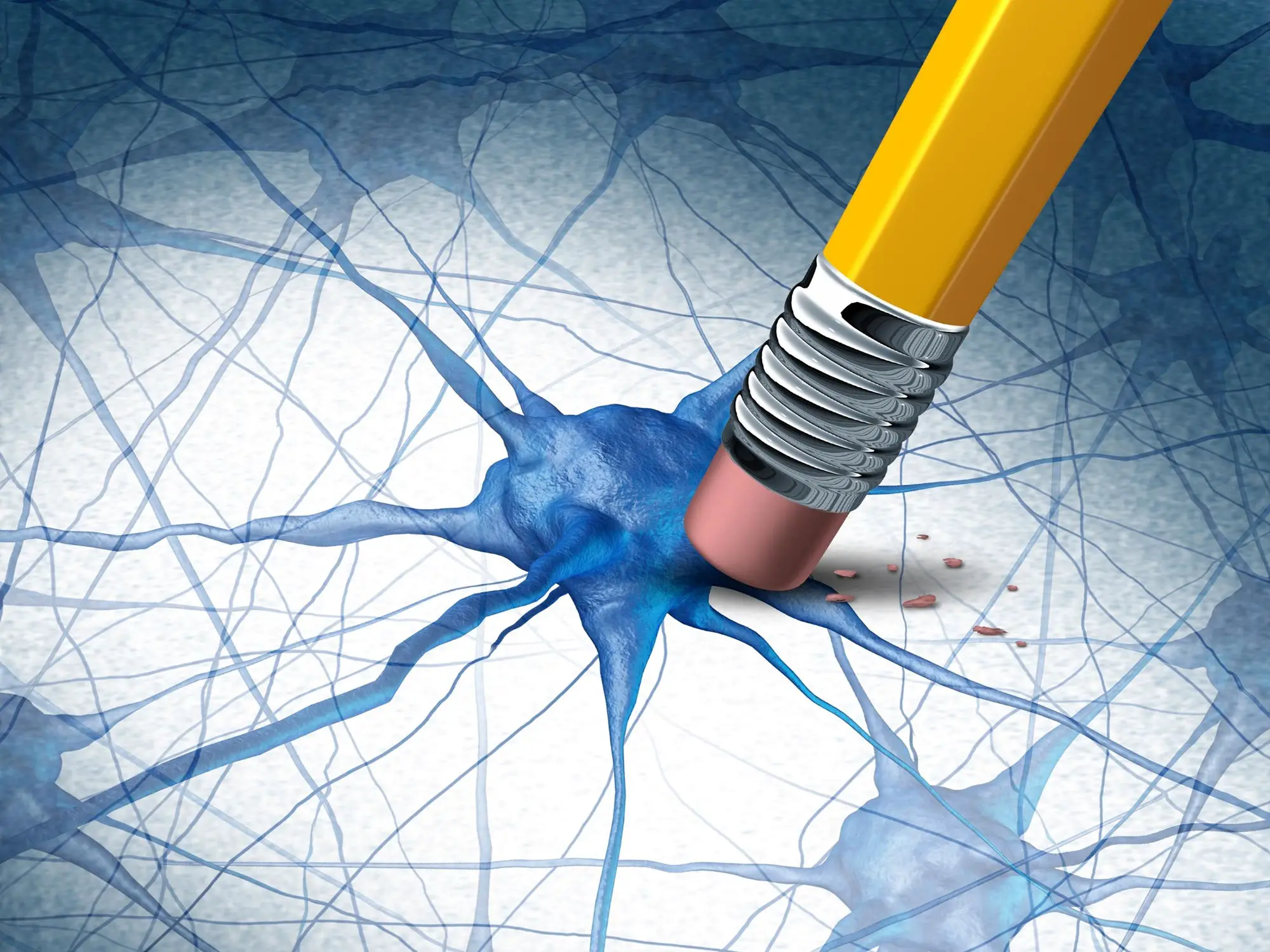Summary of Drink To Forget? Excessive Drinking May Accelerate Alzheimer’s Progression:
Alcohol use disorder (AUD) can accelerate the progression of Alzheimer’s disease in genetically susceptible mice, leading to cognitive decline earlier than usual, according to a study conducted by researchers from Scripps Research and the University of Bologna. The study found that repeated exposure to alcohol altered gene expression associated with neuronal excitability, neurodegeneration, and inflammation, potentially playing a role in the overall progression of Alzheimer’s disease. The research suggests that increased alcohol intake may accelerate cognitive deterioration in individuals genetically predisposed to developing Alzheimer’s disease. The study highlights the need for further exploration of the potential impact of alcohol on Alzheimer’s disease.
Summary:
1. Excessive alcohol consumption can accelerate the progression of Alzheimer’s disease in genetically susceptible individuals.
2. The study conducted by scientists from Scripps Research and the University of Bologna exposed mice with a genetic predisposition to Alzheimer’s to alcohol.
3. Alcohol-exposed mice showed signs of cognitive decline earlier than usual and had changes in gene expression associated with neuronal excitability, neurodegeneration, and inflammation.
4. These findings suggest that alcohol use disorder (AUD) can exacerbate the symptoms of Alzheimer’s disease.
5. Understanding the molecular mechanisms behind this interaction can help develop therapies for Alzheimer’s disease.
Excessive drinking has long been associated with negative health consequences, including liver damage, addiction, and impaired cognitive function. A groundbreaking study conducted by scientists from Scripps Research and the University of Bologna has shed light on a unique and unsettling aspect of excessive drinking – its role in accelerating the progression of Alzheimer’s disease.
In this study, the researchers focused on mice with a genetic predisposition to Alzheimer’s. By exposing these mice to alcohol repeatedly over several months, the scientists aimed to replicate the alcohol exposure levels seen in individuals with alcohol use disorder (AUD). The results were startling.
Compared to control mice, the alcohol-exposed mice began to show signs of cognitive decline approximately two months earlier than expected. They exhibited impaired learning and memory, indicative of accelerated progression of Alzheimer’s disease. This discovery raises concerns about the impact of alcohol on individuals who are already at risk due to their genetic makeup.
To understand the underlying mechanisms behind this phenomenon, the researchers looked at gene expression in the brains of the alcohol-exposed mice. They found widespread changes in gene expression in the prefrontal cortex, a brain region crucial for cognitive function. Specifically, the alcohol-exposed mice showed increased expression of genes associated with neuronal excitability, neurodegeneration, and inflammation.
Surprisingly, these changes weren’t limited to neurons alone. Supporting cells such as astrocytes, microglia, and endothelial cells also exhibited altered gene expression patterns. This indicates that the effects of alcohol on Alzheimer’s disease may extend beyond neurons and involve the intricate interplay between different cell types in the brain.
Notably, the gene transcription profiles of the alcohol-exposed mice resembled those of older mice with more advanced cognitive decline. This suggests that alcohol exposure can push the gene expression patterns associated with Alzheimer’s disease closer to those observed in severe cases. Understanding these changes could provide valuable insights into the molecular mechanisms behind memory loss and facilitate the development of targeted therapies.
While this study focused on genetically susceptible mice, it raises important questions about the impact of alcohol consumption on individuals without a genetic predisposition to Alzheimer’s. Epidemiological studies have hinted at a higher risk of developing dementia in general among individuals with AUD. Therefore, it’s crucial to further explore how alcohol influences Alzheimer’s disease progression in individuals who are not genetically susceptible.
The findings of this study have profound implications for individuals with AUD and those at risk for Alzheimer’s disease. Alcohol, even in moderate quantities, can potentially exacerbate the symptoms and accelerate the progression of Alzheimer’s disease in susceptible individuals. This highlights the importance of responsible alcohol consumption and the need for increased awareness surrounding the potential risks.
Ultimately, this research serves as a wake-up call for society. Excessive drinking poses immediate health risks and can contribute to the long-term cognitive decline associated with Alzheimer’s disease. By understanding the molecular mechanisms underlying this interaction, we can work towards developing interventions and treatment strategies that mitigate the impact of alcohol on Alzheimer’s disease progression.
In conclusion, the study conducted by scientists from Scripps Research and the University of Bologna sheds light on the accelerated progression of Alzheimer’s disease in genetically susceptible individuals with alcohol use disorder. This research highlights the importance of responsible alcohol consumption and encourages further exploration into the complex relationship between alcohol and cognitive decline. By unraveling the molecular mechanisms behind this interaction, we can strive towards better prevention and management of Alzheimer’s disease.
